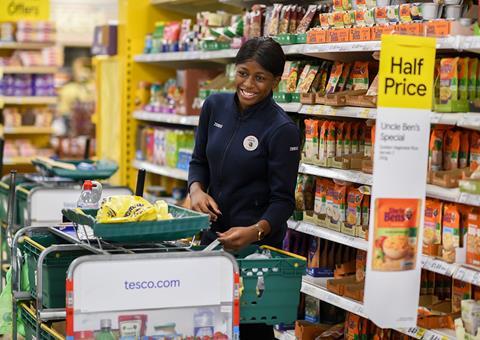
There is a wealth of coverage for Tesco’s half-year results across all the papers today.
The new chief executive of Tesco said this morning that his job would be to maintain momentum after online food sales doubled and pre-tax profits surged during the coronavirus crisis (The Times £).
Like-for-like sales at Tesco supermarkets in the UK and Ireland rose 7.2% to £24.3bn in the first half to the end of August, with smaller Express stores seeing ‘particularity strong’ growth as people shopped more locally (The Mail).
New Tesco chief executive Ken Murphy has signalled he will continue his predecessor’s dividend policy after declaring a 20 per cent increase in the half-year payout (The Financial Times £). Shareholders will receive 3.2p per share, up from 2.65p last year.
Britain’s biggest supermarket is handing its shareholders a £399m reward, increasing its interim dividend by 21% to 3.2p a share. The decision to maintain the progressive dividend policy has meant that Ken Murphy, 53, Tesco’s chief executive, risks wading into a backlash within days of taking the top job (The Times £).
Alan Stewart, the finance director of Tesco, said the board decided that paying dividends was the “right thing to do” for shareholders (The Guardian).
Nil Pratley in The Guardian writes that Tesco’s £315m dividend “must look indecent” to Covid-hit hospitality firms.
Alistair Osborne thunders in his business commentary in The Times (£) that the dividend payout should give Rishi Sunak “pause for thought”. ”At the start of the pandemic, he handed the chain a £585m business rates holiday. And look what it’s done since: announced a £637m final dividend in April and now topped that up with a £314m interim payout.”
The Financial Times (£) Lex column says ”a step change in online deliveries is positive for Amazon but negative for Tesco”.
Tesco spent more than £500m dealing with the coronavirus pandemic over the last six months and has warned of mounting losses at its bank as the deteriorating economy takes its toll on consumers’ finances (The Guardian).
Britain’s biggest supermarket expects profits from its supermarkets will match those of last year despite higher costs (The Telegraph).
”The recently departed Dave Lewis steadied the ship, leaving successor Ken Murphy with little to do other than keep course,” The Telegraph writes in a business editorial.
The Times (£) also explores how new Tesco boss Ken Murphy is now facing off against his old drinking buddy Simon Roberts, who was promoted to chief executive at Sainsbury’s this year.
Ferrero, the maker of Nutella and Kinder Eggs, has struck a deal to buy Fox’s Biscuits for £246m (The Times £).
Downing Street is to face down Tory rebels and environmental campaigners and reject demands for tougher food standards rules in future trade deals (The Times £).
Greene King is cutting up to 800 jobs and closing 79 pubs and restaurants, blaming the move on the 10pm curfew and the end of the government’s furlough scheme (The Guardian).
The pub group warned that ministers’ 10pm curfew has trashed the hospitality industry (The Telegraph).
The brewer and pub operator said that it had made “the difficult decision” not to reopen 79 sites, including 11 Loch Fyne restaurants, but it left open the possibility that two thirds may reopen eventually (The Times £).
Bosses at Greene King, which has nearly 1,700 managed pubs and 1,000 tenanted venues, wants to redeploy affected staff wherever possible (The Mail).
Boris Johnson is to close pubs and restaurants in northern England on Monday as hospitals face being overwhelmed by a rising number of coronavirus cases (The Times £).
The prime minister was expected to follow Scotland’s lead and announce new lockdown restrictions to curb soaring infection rates across swaths of the north, including Manchester, Liverpool and Newcastle (The Financial Times £).
Surging coronavirus infections will derail the economic recovery, the government’s official forecaster has warned (The Times £). New restrictions on trade, combined with behavioural changes caused by the jump in cases, would “put the recovery on hold”, Sir Charlie Bean, a senior member of the Office for Budget Responsibility, told MPs.
The government is to update laws for controversial pre-pack administrations by ensuring that deals with connected parties face independent scrutiny (The Times £). Planned new legislation is designed to improve transparency after a series of high-profile pre-pack deals this year, which involved industry moguls and private equity firms buying back assets and left creditors nursing heavy losses.
Producers in the chocolate industry are making headway in disclosing product origins as farmers continue to suffer from low incomes (The Financial Times £). “If the cocoa industry can achieve full traceability it will be huge,” said Etelle Higonnet, senior campaign director at NGO Mighty Earth, noting that if the chocolate sector could achieve supply chain transparency, there was no excuse for other agricultural commodities not to follow suit.
A Silicon Valley-based start-up is taking on the $500bn global spirits industry with proprietary technology it claims can reproduce the taste of a barrel-aged whisky, rum or brandy in three to five days (The Financial Times £). Bespoken Spirits, founded by materials scientist Martin Janousek and entrepreneur Stu Aaron, has won awards in blind tastings with drinks made by exposing alcohol to “micro staves” of different woods under pressure.









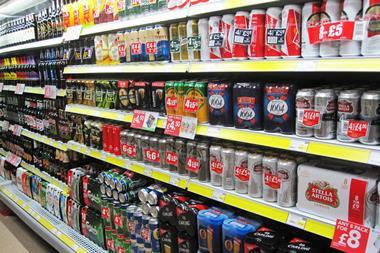
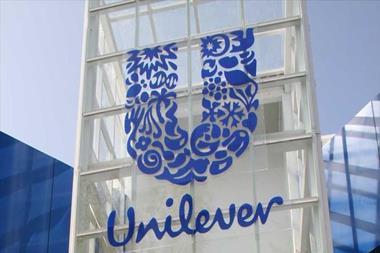
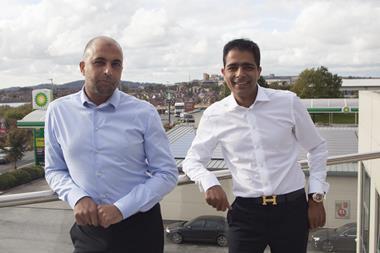
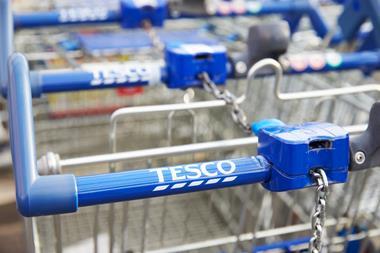






No comments yet